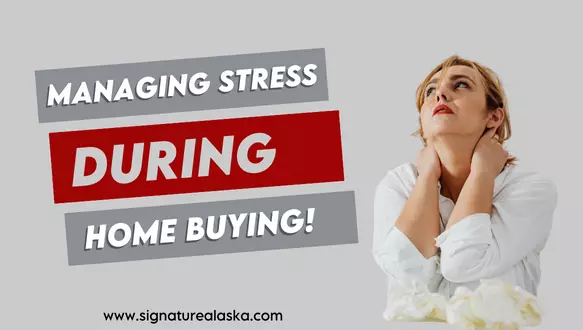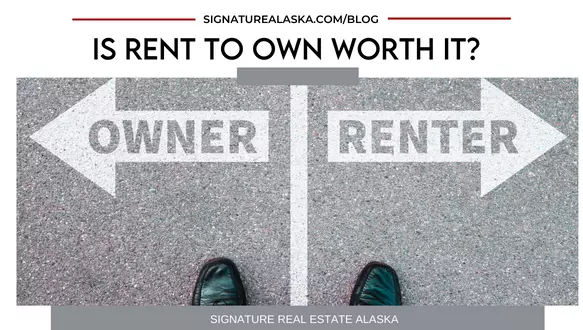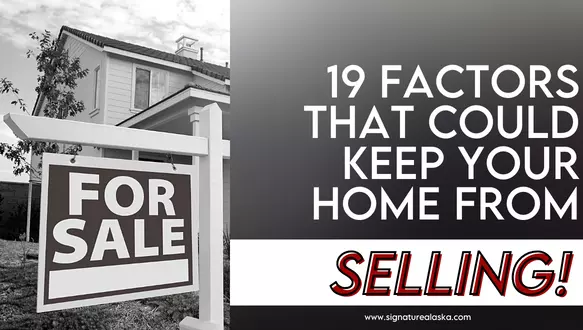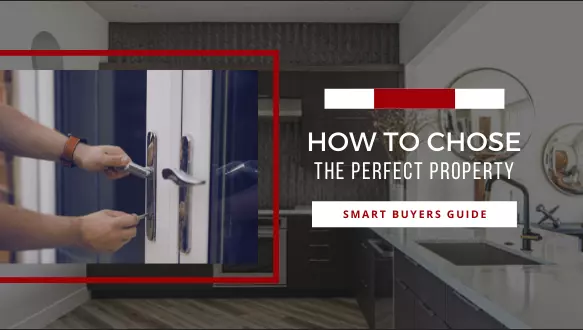
How To Manage Stress When Dealing With Home Financing
One excellent way to improve your financial profile is to buy a home of your own. But we won't lie: It's a long and potentially incredibly stressful process, especially when it comes to the dollars and cents of securing a mortgage loan. So how do you navigate the stress of the journey in order to

Can you buy a house before you turn 21?
There's a general worldview that the younger generations will never be able to achieve homeownership because housing values have outpaced wage growth for decades. This is absolutely true, and we're not downplaying the seriousness of affordability issues ... but, actually, you can become a homeowner

Is Rent-To-Own Ever Worth It?
Rent-to-own agreements have a bad reputation in the real estate industry, but is it deserved? Well, it depends. There are many different kinds of rent-to-own agreements, and each one can be modified and customized for the tenant and the landlord. Many rent-to-own agreements overwhelmingly favor the
Categories
Recent Posts










